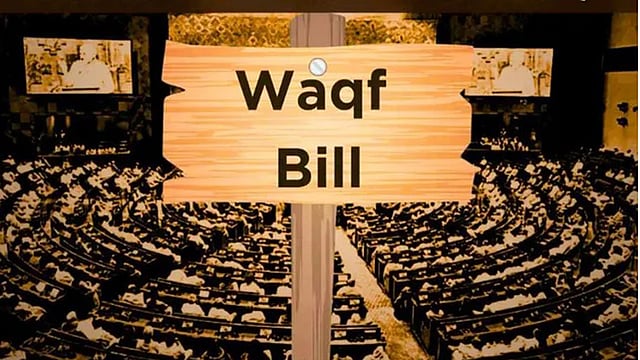New Delhi: In a major overhaul aimed at streamlining and securing waqf property records, the Ministry of Minority Affairs has announced that unregistered waqf properties, including those falling under the ‘waqf by user’ category, will not be included in the soon-to-be-launched Central Waqf Portal, reported the Times of India.
Set for launch in early June, the new portal will replace the Waqf Assets Management System of India (WAMSI) and will follow a stringent three-tier verification system using a “maker-checker-approver” framework. Under this structure, the mutawalli (caretaker) will act as the “maker”, Waqf Board officials as the “checker”, and a designated government authority as the final “approver” to ensure the accuracy and legitimacy of waqf property entries.
According to officials, all existing WAMSI-registered waqf properties must be re-registered under the new portal. Those that are not currently registered or fail to pass the three-layer verification will have to complete formalities afresh to be included in the database.
“This structured process will significantly reduce discrepancies and increase transparency in the registration and monitoring of waqf properties,” said the Ministry following a training session conducted for master trainers from various states and union territories. The portal is being developed under the newly passed Waqf (Amendment) Act, 2025.
The ministry reported that over 8.7 lakh properties are currently registered as waqf, and more than 4.2 lakh are identified as ‘waqf by user’. Waqf properties cover around 39 lakh acres across India. However, officials noted that data on the WAMSI platform was lacking, with several inconsistencies. The new portal aims to fill these gaps and establish a centralized, reliable digital repository of waqf land records.
The initiative is seen as a transformative move to safeguard community-owned religious and charitable assets through digitization and enhanced regulatory oversight.




